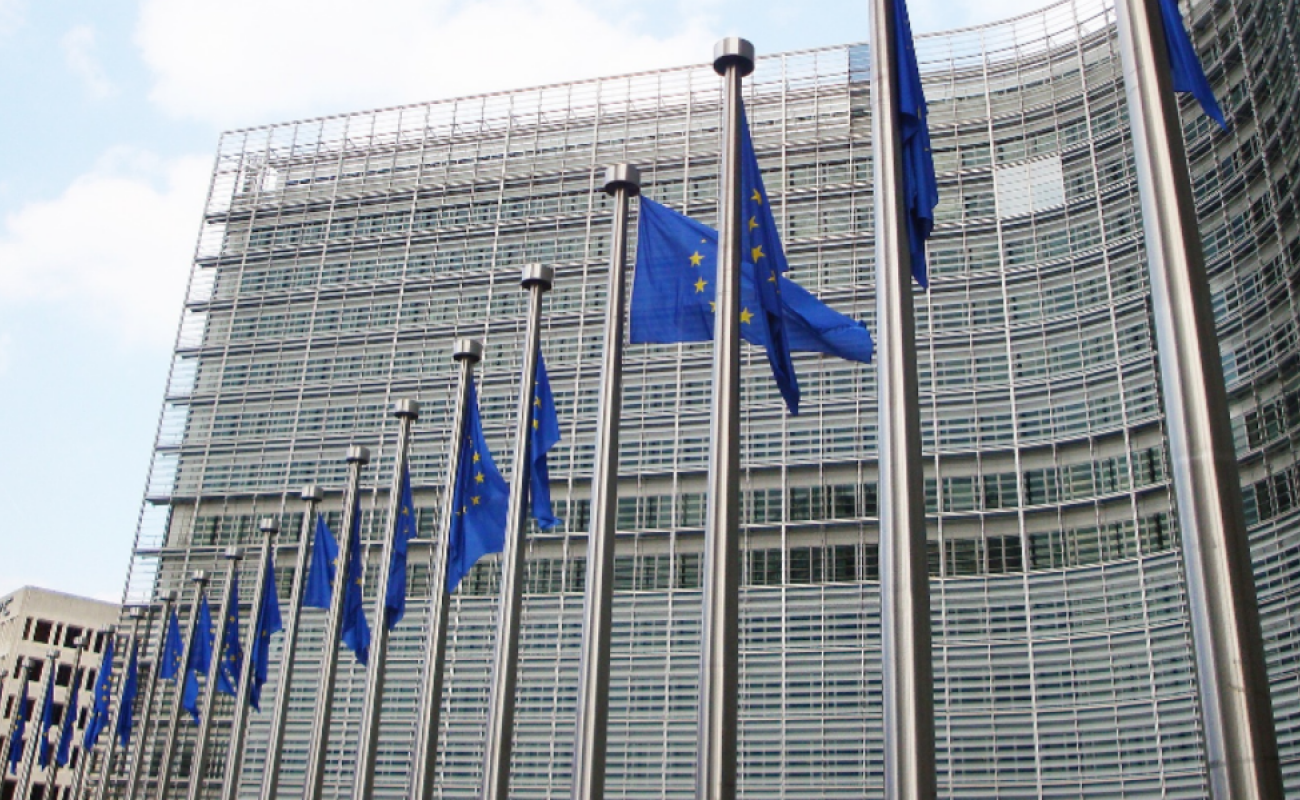NextGenEU: EU Commission disburses €818m in pre-financing to Croatia

The European Commission has today disbursed €818 million to Croatia in a pre-financing payment under the Recovery and Resilience Facility (RRF). This is equivalent to 13% of the country’s total financial allocation under the RRF. The pre-financing payment will help to kick-start the implementation of the crucial investment and reform measures outlined in Croatia’s recovery and resilience plan.
Croatia is set to receive a total of €6.3 billion under the RRF. The Commission will authorise further disbursements based on the implementation of the investments and reforms outlined in Croatia’s recovery and resilience plan.
Today’s disbursement follows the recent successful implementation of the first borrowing operations under NextGenerationEU. By the end of the year, the Commission intends to raise up to a total of €80 billion in long-term funding, complemented by short-term EU-Bills, to fund the first planned disbursements to Member States under NextGenerationEU.
The RRF is at the heart of NextGenerationEU which will provide €800 billion (in current prices) to support investments and reforms across Member States. The Croatian plan is part of the unprecedented EU response to emerge stronger from the COVID-19 crisis, fostering the green and digital transitions and strengthening resilience and cohesion in our societies.
Supporting transformative investments and reform projects
The RRF will finance investments and reforms that are expected to have a deeply transformative effect on Croatia’s economy and society. Here are some of these projects:
- Securing the green transition: The Croatian plan will invest €728 million to support sustainable mobility by upgrading railway lines, developing autonomous electric taxis with supporting infrastructure adapted for people with disabilities, installing 1,300 charging stations for electric vehicles, and introducing zero-emission vehicles and vessels.
- Supporting the digital transition: The plan will provide €126 million to improve digital connectivity of rural areas, by increasing national broadband coverage with gigabit connectivity in rural areas and the construction of electronic communications infrastructure. It will also invest €287 million to support the digital transition of the public administration, including the digitalisation of the justice system, the interoperability of the government’s information systems, the deployment of the Digital Identity Card, the introduction of smart working arrangements and the creation of a one-stop-shop for all public administration’s online services.
- Reinforcing economic and social resilience: The plan will provide €739 million to improve the business environment by reducing the administrative burden, lowering regulatory requirements for professional services, and increasing access to financing for businesses. It also foresees €200 million to increase the efficiency of the public sector and the justice system. The plan will also invests €277 million to support employment and social inclusion by redesigning active labour market policies to boost employment and self-employment, funding vouchers for training and upskilling programmes, improving the adequacy, targeting and coverage of social benefits and developing new social services.
